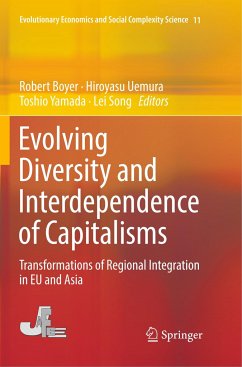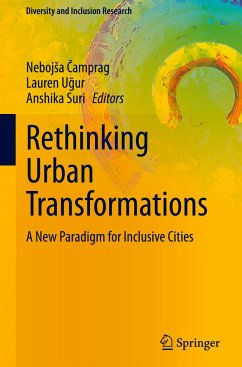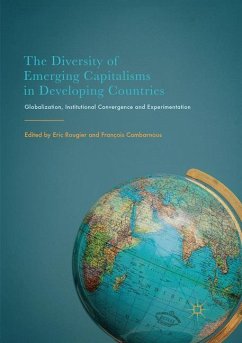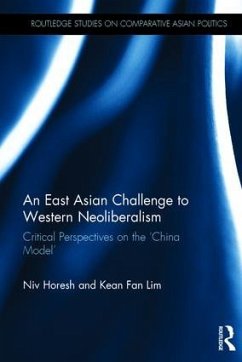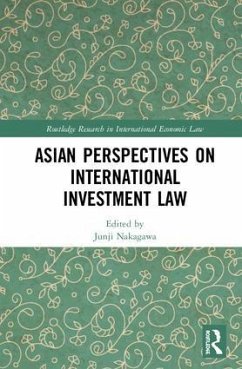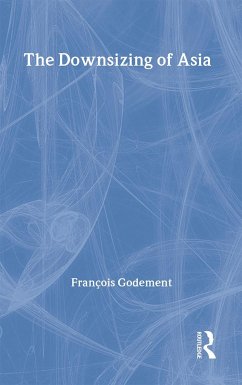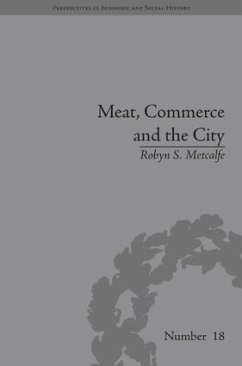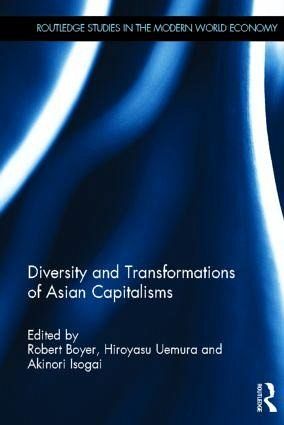
Diversity and Transformations of Asian Capitalisms
Versandkostenfrei!
Versandfertig in 1-2 Wochen
178,99 €
inkl. MwSt.
Weitere Ausgaben:

PAYBACK Punkte
89 °P sammeln!
Among a vast literature on the Asian economies, the book proposes a distinctive approach, inspired by Regulation Theory, in order to understand the current transformations of the Asian economies. The book follows their transformations after the 1997 Asian crisis until the subprime crisis. During this period, the viability of their growth regime was to coherence of five basic institutional forms: the degree of competition and insertion into the world economy, the nature of labour market organization, the monetary and exchange rate regimes and finally the style for State intervention via legislation, public spending and tax. The book provides new findings. The degree of financial liberalization and opening to the world economy largely determines the severity of the 2008-2009 recession and the political-economic reactions of each Asian countries to the subprime crisis. Asian capitalisms are distinct from American and European ones, but they are quite diverse among themselves, and this differentiation has been widening during the last decade. This book will help to shed light on a de facto regional economic integration is taking place in Asia, but unsolved past political conflicts do hinder the institutionalisation of these interdependencies.
The book traces the specificities of Asian economies back to the formation of their basic institutions after WWII. It follows their transformations after the 1997 Asian crisis until the eruption of the subprime crisis.






